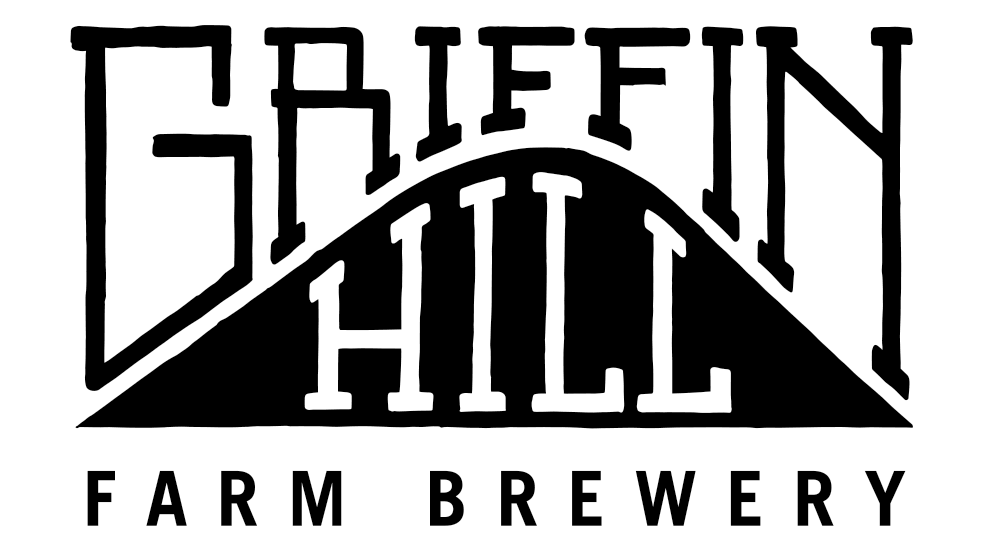Coming out of David Smith's Fundamentals of Mini-Brewing course I feel like I'm fully prepared to start a traditional British Real Ale brewery. I know how I want my set up to look. I know how many casks I'll need. I know how to figure out exactly the right amount of isinglass finings so that every pint comes out of the cask crystal clear. I'll have some choice words for landlords who aren't treating my product well in their cellars too!
But wait. We're starting our brewery in... New York. There are no landlords tending to cellars full of cask-conditioned real ale.
American craft brewing is different than the British version. The Brits call the American version craft keg . That is, it's a craft brewed product, brewed by people who care about
what they're making, not just making money, but it's served out of a
keg under carbon dioxide gas pressure, not out of a cask through a hand
pump. Craft keg is starting to catch on here in the UK with big breweries
like Brew Dog and Meantime and some smaller ones like the Kernel, but the vast majority of British craft brewing is traditional cask-conditioned ale.
There aren't any US breweries who brew only cask-conditioned beer (as
far as I know). The whole beverage industry infrastructure just isn't
set up for it the way it is here in Britain. Quite a few beer bars in the US have a hand pump or two for cask beer. The Brazen Head in Brooklyn and J. Ryan's in Syracuse do great cask festivals. But as a whole, cask-conditioned beer is much more a novelty than a mainstay of US craft beer culture.
So why study traditional British brewing when we are setting up a brewery in New York?
Well, I love British beer and want to know how its done. Also, in a way, being here gets to the heart of what American craft brewing is all about. We are drawing on an American tradition of drawing on old world traditions. American craft beer is innovative, dynamic, and reflective of many traditional beer styles and brewing techniques made our own. You can train anywhere and make American craft beer.
In the US, we can take the
framework of traditional British brewing and turn it on its head if we
want and no one will complain unless we send some over to London. Don't worry, David Smith, that's not our plan. Not exactly.
Laura and I don't want
to brew just traditional British style beers, though we love them and will certainly brew some. We also love all sorts of
Belgian and German styles. Then there are all the American
styles that have emerged from the craft brewing revolution of the past
few decades. We're starting a hop farm, and it would be a crime not to brew an
explosively hoppy American IPA.
A particular brewing tradition will not be the defining feature of our American brewery, though there are many great US breweries for which this is true, like Belgian-oriented Brewery Ommegang. We have a different goal. We want our beer to be truly representative of where we are by using New York ingredients, including our own.
There's a link here between our vision and the British brewing tradition. So many traditional British beer use only British ingredients.
We want to do the same thing in New York.
The styles we'll brew and the recipes we'll create at Griffin Hill will be globally inspired. The ingredients we use will be locally grown and processed. That is our vision.
This T-shirt from Hale's Ales in Seattle says it all.
Cleaning casks at Le Brewery





